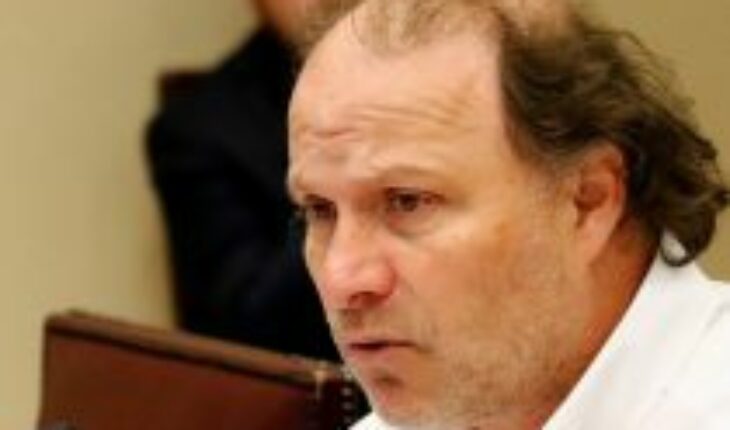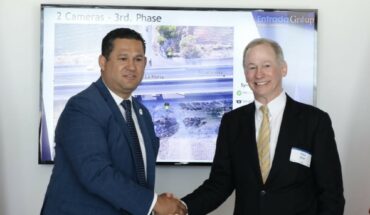While waiting for the decision of President Gabriel Boric, negotiations and speculations arise in the Senate about who will be the candidate or candidate of the Government to head the Public Ministry, among the five names that make up the quina prepared by the Supreme Court: Carlos Palma, Juan Agustín Meléndez, Nayalet Mansilla, Ángel Valencia and the recently incorporated Erika Maira. This will be the third attempt of the Executive for the Upper House to approve its proposal for National Prosecutor, after the denials to José Morales and Marta Herrera.
In this context, in the midst of a complex scenario for the Government and the ministers of Justice, Marcela Ríos, and of Segpres, Ana Lya Uriarte, questions begin to arise about the political responsibility of the other two branches of the State, with a National Congress, which for some, has not been sufficiently self-critical in relation to its own past decisions. that have had an impact on the crisis that the Public Ministry is currently going through, and that has been one of the factors that has made it impossible to elect a National Prosecutor with minimum standards of transparency and probity.
Who shares this vision is the former prosecutor in the Penta Case, Carlos Gajardo, who through his social networks has stated that an important part of the current institutional crisis is linked to the “very deficient work of Jorge Abbott as National Prosecutor and the way in which he was elected.” For the lawyer, this contest showed opacity and a constant search by the senators to find a person who would assure them “impunity in political causes.” Gajardo insists that the Senate has an enormous responsibility in that process, and so far, he says he has not heard any voice of self-criticism from the Corporation.
Precisely, one of the parliamentarians who was part of the election of Jorge Abbott, in October 2015, is the senator member of the Constitution, Legislation, Justice and Regulation commission, Alfonso de Urresti (PS), who made his own self-criticism for having supported Abbott eight years ago, and recently questioning the nomination of Marta Herrera, accusing it of being the continuity of the previous management, which the same Upper House sponsored. For the ruling party senator, decisions like this imply making partial evaluations of each of the candidates.
“First of all, to point out that one is faith in the proposal of the President or the President. In a system of three branches of government, a quina was drawn up, in which case – 2015 – President Bachelet made a proposal and we approved that proposal. I think we have to make a self-criticism, in the sense that, for a decision of such an important institution, it is necessary to have partial evaluations, “said De Urresti.
Meanwhile, the senator of the Constitution Commission said that it is not possible that for eight years an entity such as the Public Ministry does not have any type of evaluation or effective accountability. In this regard, he announced that he has sponsored a bill that seeks to evaluate the management of the National Prosecutor in the middle of his term, where in addition, his accounts are not only unilateral, but are scrutinized by citizens, the National Congress, and other entities involved.
For his part, and regarding the problems that the Government of President Boric has faced to have the necessary sponsorship of the Senate to elect the National Prosecutor, in the opinion of the socialist senator “what has been lacking, precisely, is the ability to understand and generate that basic consensus to find the right person. I believe that there has been a lack of capacity on the part of the Executive to generate that majority, there something has clearly failed, and in the last nomination it is evident that too many votes were missing, so I do not think it is a matter of political orientation, but also of profile, of characteristics for the position. ”
In the coming days, the President will make his decision, and his new candidate must appear first before the Constitution Commission and then before the plenary session of the Senate, where it will finally be decided if the third attempt of the Executive will be the final one, or if the Public Ministry will continue to behead, complicating an institutional and political crisis. that could continue to drag inconveniences for the Government and its grassroots political forces.
Follow us on





